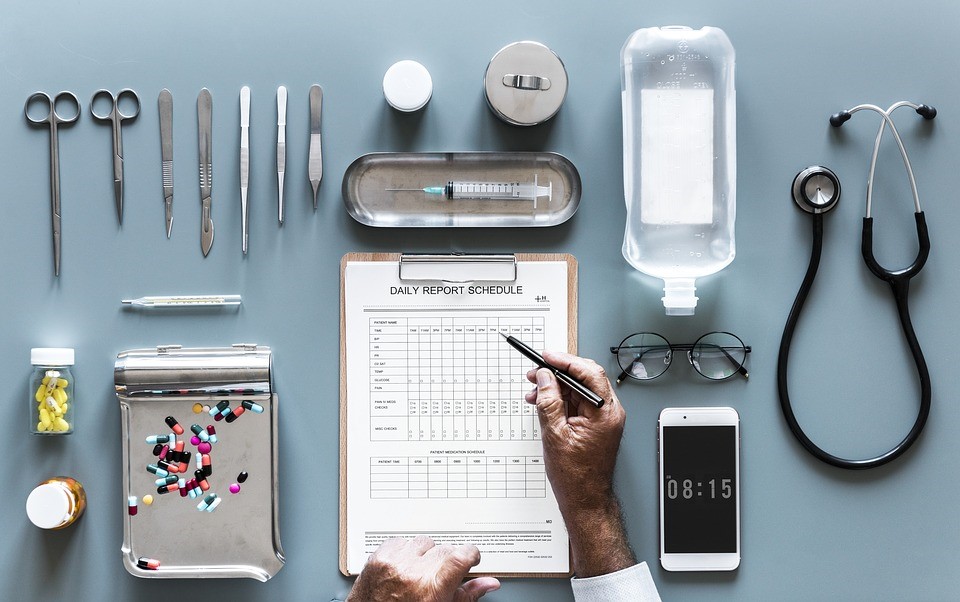What should you consider when
taking part in a clinical trial?

A clinical trial is a way in which a contract research organisation is able to examine if a drug or other kind of therapy can avoid, treat or cure a disease or illness in humans around the world; they can sometimes be called interventional trials but are mostly understood as clinical trials. Clinical trials will more than likely test drugs, but they are not limited to this and can be testing all other types of treatments – different diets, exercise and physiotherapy routines, deep brain stimulation, surgical procedures, etc. – are also tested in this manner.
Advantages and disadvantages
There are advantages and disadvantages in deciding to participate in a clinical research trial and these may differ, depending on the trial itself. If you do find a suitable trial at a reputable organisation such as London trials, think about the possible advantages and disadvantages and discuss these with your doctor or nurse. This will help you to decide if the trial is right for you.
Do they help to advance medical science?
Clinical trials are at the heart of all medical leaps that happen throughout the world. They take a fresh look at ways in which they can avert, detect or treat disease with new drugs, combinations of drugs, surgical procedures or new devices, or new ways to use existing treatments. If there was no such thing as clinical trials, all of these developments would not happen. Contributing to a clinical trial can possibly be lifesaving for people with serious illnesses. Healthy people who volunteer can learn a lot about their health status in the process.
What are the different types of clinical trial?
Phase 1 trials
The treatment is administered to a small amount of people. This trial takes place so that the researchers are able to see what the side effects are, how much can be given safely, and if it has any effect on the illness.
Phase 2 trials
The treatment is tested on a larger number of people to see which cancers it would be best used for. The researchers also learn more about potential side effects.
Phase 3 trials
The treatment is tested on a huge amount of people. It is compared to the standard treatment already available to find out if it can work better. Manufacturers can apply for a licence for the drug or treatment after phase 3 trials, if the drug is seen to be safe and effective.
Are there placebos?
In many trials, not everyone gets given the drug that is under evaluation. Some may get a placebo or inactive comparator. People who volunteer to contribute in a clinical trial are normally doing so in order to derive development of their condition. If the likelihood of receiving the active treatment is not high, some people may elect not to take part. To address this concern, many current clinical trials provide a higher probability of receiving the active treatment than placebo.
Whatever you ultimately do or don’t do, the choice is yours and yours alone. When considering whether or not to participate, always remember to consult your physician.
